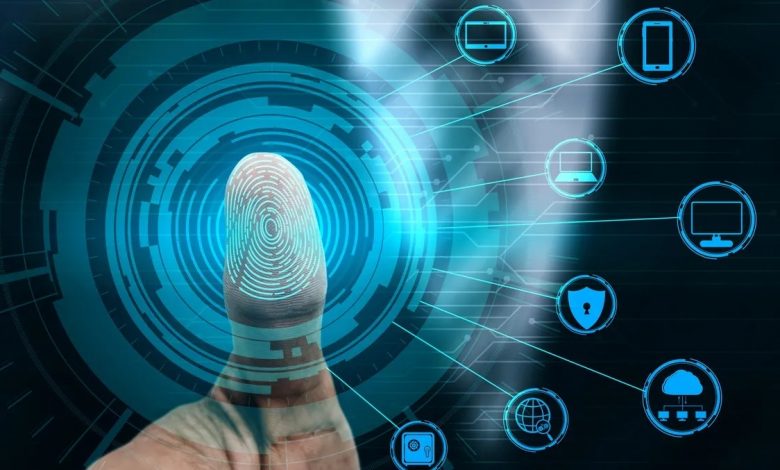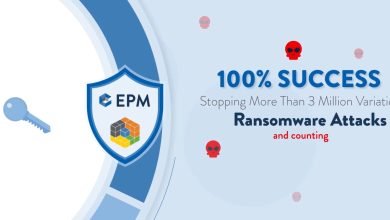The Future of Identity: 2025 Predictions

2025 is poised to be a defining year for digital identity. In this article, I share predictions on how individuals and businesses will navigate the evolving landscape of trust and security online.
1. 2025: The Year Deepfakes Break the News?
Deepfakes will pose a significant threat to the integrity of news and media. A major broadcaster will admit that a recent interview featured a deepfake, which will spark widespread concern about the impact of AI-generated media on journalism and information integrity. Such will be the shockwaves that we will see calls for new content attribution technologies and stronger media literacy initiatives. The incident will serve as a stark reminder of the challenges faced in the age of deepfakes and the need to safeguard information integrity.
2. Biometric Borders Go Global: Say Goodbye to Lines, Hello to Secure, Seamless Travel
The use of facial verification at border crossings will spread rapidly, speeding up passenger processing and enhancing security. Programs like Eurostar’s SmartCheck biometric system are already paving the way, allowing travellers to verify their identity with a simple glance or scan. Automated systems will optimise passenger flow, reduce congestion, and slash wait times while dramatically reducing the load on border officials. Privacy will be prioritised, with travellers opting in and data protected by decentralised identity technologies. This shift will usher in a new era of seamless and secure travel, making it easier for people to connect and explore the world with confidence.
3. The Deepfake CEO: Identity Verification Becomes Mission-Critical for Market Trust
A deepfake of a Fortune 500 CEO will cause significant disruption in the financial markets. The fabricated video, announcing a false merger, will trigger a temporary market dip and erode investor confidence before being exposed. This incident will highlight the growing need for robust identity verification solutions to ensure the authenticity of information and maintain trust in an increasingly digital world.
Companies and investors will respond by prioritising biometric authentication, investing in deepfake digital injection protection tools, enhancing communication protocols, and putting a strong focus on digital identity verification in all online interactions to prevent impersonation and fraud.
This incident will serve as a catalyst, accelerating the adoption of advanced identity verification solutions in the financial industry.
4. The Great Deepfake Hiring Heist: Organisations Fall Prey to a Mass Synthetic Identity Attack
Remember earlier this year when KnowBe4 fell victim to a remote deepfake hiring scam using a synthetic identity? In 2025, a far larger synthetic identity operation will infiltrate organisations worldwide. A state adversary will combine deepfakes with fabricated credentials to create entirely new, convincing employee personas, bypassing security to gain access, steal data, and cause operational chaos with significant financial losses. This sophisticated scheme will exploit remote onboarding processes, manipulate employees, and even infiltrate payroll systems to divert funds and disrupt livelihoods. This incident will cause organisations to change how they approach identity verification and cybersecurity in the age of increasingly sophisticated synthetic identities.
APAC
5. Governments Race to Digital ID: 2025 – The Year of the National Identity App
Driven by security threats and the demand for seamless online services, 2025 will see a global surge in government-issued digital ID programs. Countries will accelerate efforts to deploy national digital ID systems, putting secure digital identities in citizens’ hands. This shift, fuelled by the limitations of physical documents and the need for stronger cybersecurity, will pave the way for a more secure and inclusive digital future.
6. Data Privacy Takes Centre Stage: Selective Disclosure Drives Verifiable Credentials Boom
The growing demand for data privacy and user control will fuel a surge in the adoption of decentralised identities. Empowered by the ability to selectively disclose only the necessary information, individuals will embrace this technology to seamlessly and securely prove their identity or attributes without revealing their entire personal profile. This rise in the use of decentralised digital credentials will empower individuals to confidently navigate the digital world while safeguarding their privacy. It will also create new opportunities for businesses and public bodies to build trust and offer personalised services without running the risk of compromising user data.
7. Deepfake Fraud Wave Forces Banks’ Hand: Regulators Mandate New Biometric Payment Authentication
As deepfake technology becomes increasingly weaponised by hostile state actors and criminals in 2025, a wave of account takeovers and fraudulent transactions will force banking regulators worldwide to take decisive action. Led by pioneers like Thailand and Vietnam, countries will mandate the implementation of biometric verification for payment authentication, adding an extra layer of security to protect customers and financial institutions.
This move towards mandated biometric payment authentication will significantly enhance the security of digital transactions, making it more difficult for fraudsters to exploit stolen identities or manipulate systems. It will also accelerate the adoption of biometrics in the financial sector, paving the way for more secure and trustworthy digital banking experiences.




